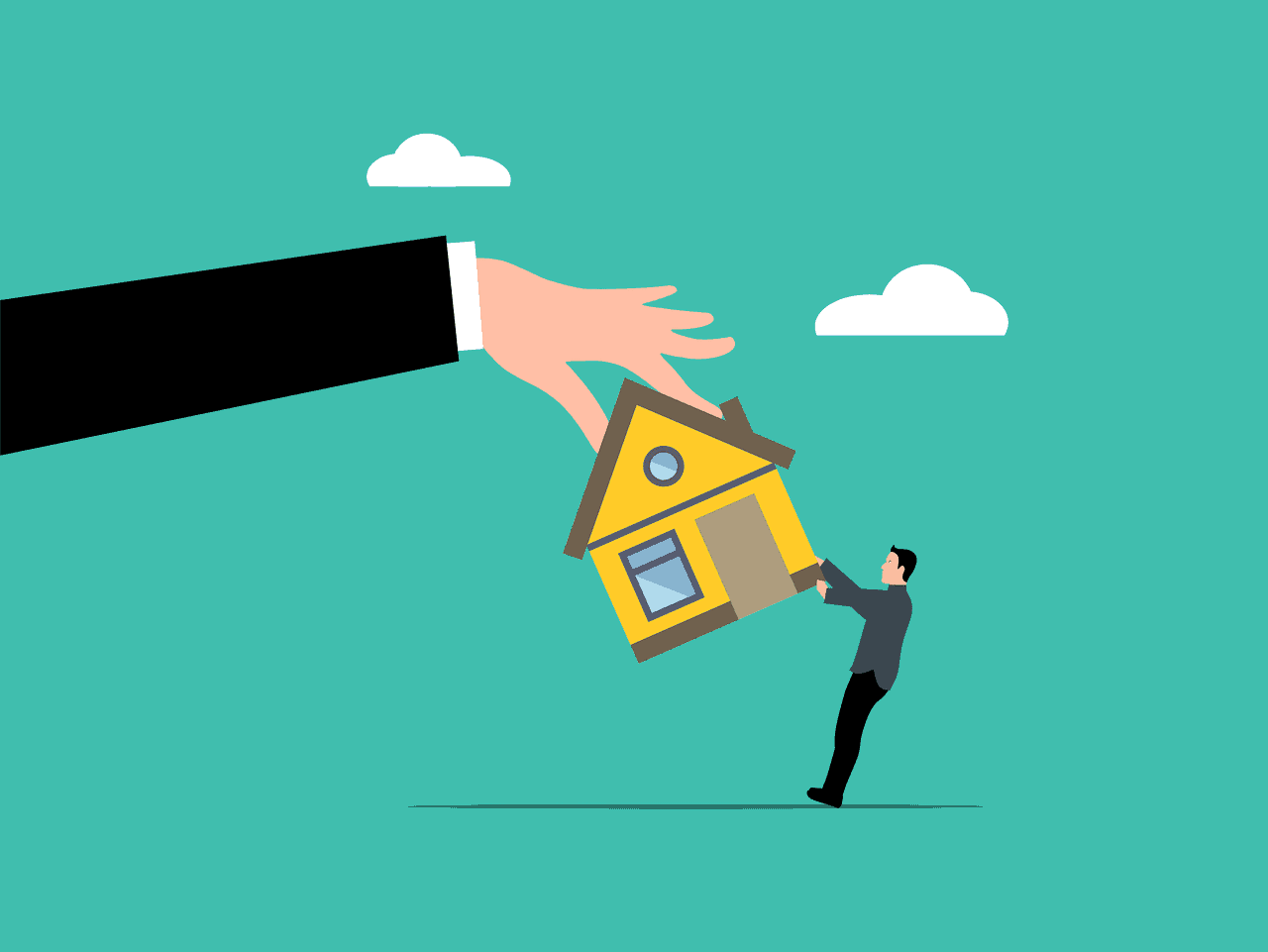Last week, the Bank of England adjusted its benchmark interest rate to 4.25%.
This adjustment marks the highest level in 14 years and will continue until May 11th of this year.
The rate hike will bring a range of impacts, especially for those who are paying mortgages and bank depositors.
What are the impacts of the rate hike?
-
Mortgages
According to a government survey, less than 33% of households have mortgages.
These households can feel the rate hike very intuitively because they usually see an immediate increase in their monthly payments.
This rate adjustment means that people using typical tracker mortgages will pay an extra £24 per month, while users of standard variable rate mortgages will pay an extra £15 per month.
Although some forecasts suggest that the rate will improve in the summer, there is still uncertainty due to various factors.

-
Credit cards and bank loans
The benchmark interest rate hike not only affects families buying homes with loans but also affects those using credit cards and bank loans.
Although credit card interest rates are variable and not explicitly linked to the base rate, it is expected that new credit card rates will increase, but the increase will be relatively small.
-
Savings
The savings rate has indeed been climbing for some time, but the rise in the savings rate is hardly mentioned.
This is because, no matter how high the savings rate is, it is difficult to beat the continuing high inflation rate.
This also means that depositors will find it difficult to keep pace with rising prices, even if they get higher returns on their funds.
Will interest rates continue to rise?
Continuing high interest rates may suppress people’s desire to buy homes with loans, and it will also put more financial pressure on mortgage holders.
People generally believe that as the economy improves, interest rates may ease later this year.
Analysts predict that rates will continue to rise in the summer, reaching a peak of 4.5%.
Although there is a lot of uncertainty in the coming months, avoiding premature consumption is the right choice.
To mitigate the impact of interest rate hikes, demand should be restrained or consumption structures should be improved.
This will greatly avoid the impact of interest rate hikes.
Additionally, the interest rate hike will push up savings interest, which is more friendly to depositors.
Saving money will not bring more financial troubles, even though profits cannot balance the rise in prices.

